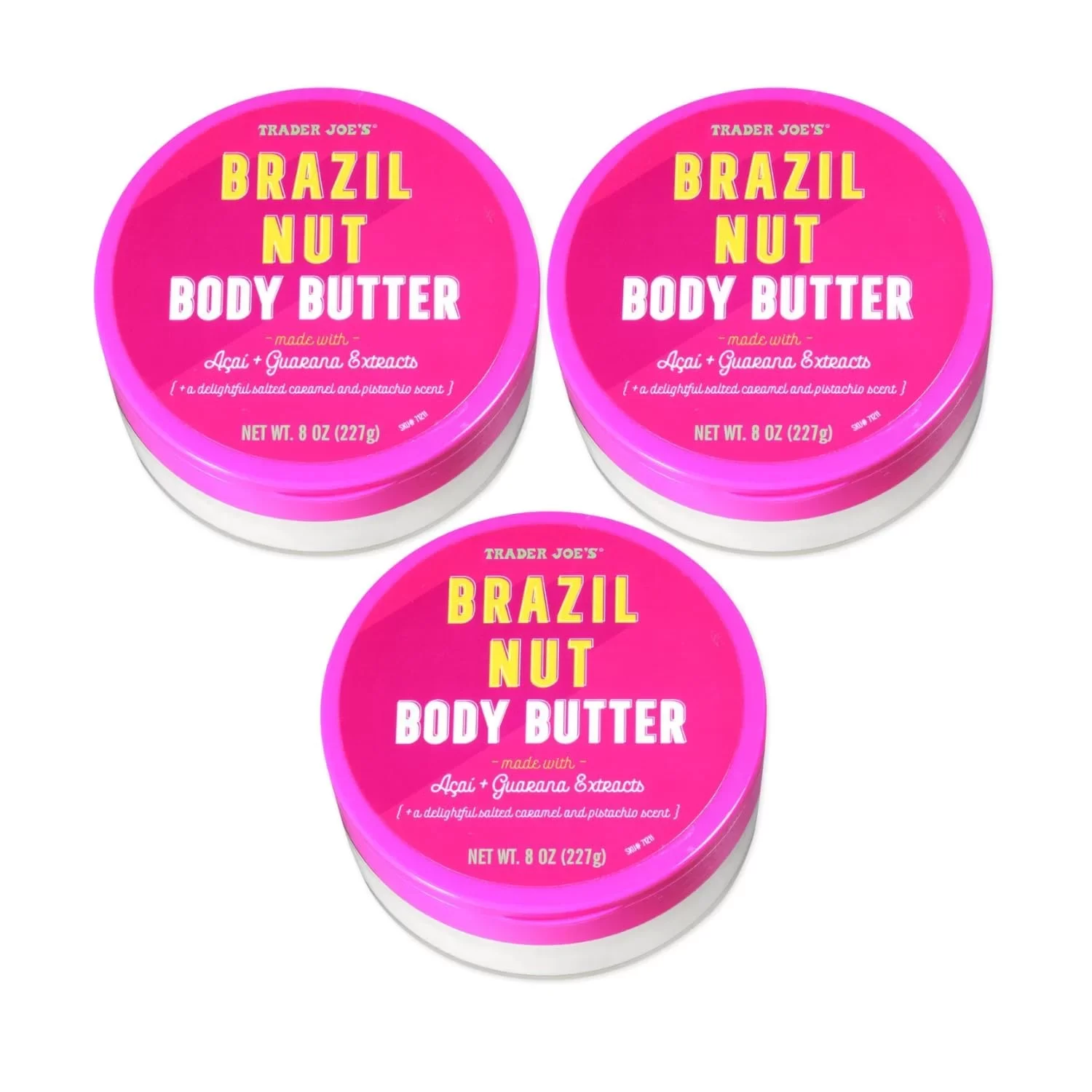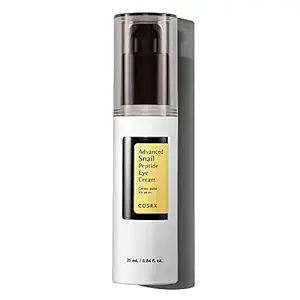
 By
Your Beauty Plug
By
Your Beauty Plug

Snail mucin, also known as snail secretion filtrate, is a popular ingredient in skincare products due to its numerous benefits for the skin. Snail mucin is a thick, sticky fluid that snails produce to protect and repair their own skin. It contains a variety of nutrients, such as hyaluronic acid, glycoproteins, peptides, and antioxidants, which are beneficial for human skin as well.
When used in skincare products, snail mucin provides multiple advantages. It deeply hydrates the skin, improving moisture levels and preventing dehydration. It also helps to improve skin texture by promoting collagen production and increasing skin elasticity. Additionally, snail mucin has soothing and anti-inflammatory properties, making it effective in calming irritated or sensitive skin.
The use of snail mucin in skincare traces back to ancient Greece, where Hippocrates, the father of modern medicine, reportedly used crushed snails to treat skin inflammations. However, it wasn’t until more recently that snail mucin gained popularity in the beauty industry.
In the 1980s, Chilean farmers noticed that their hands became visibly smoother and softer after handling snails. This discovery led to the development of snail mucin-based skincare products. Asian beauty brands, particularly Korean ones, were among the first to embrace this ingredient and incorporate it into their formulations.
Today, snail mucin is widely recognized for its exceptional skincare benefits. It has become a staple in Korean skincare routines and has gained popularity worldwide. The use of snail mucin in skincare products continues to grow, with many brands harnessing its healing and rejuvenating properties to provide effective solutions for various skin concerns.
Credit – amazon.com

Snail mucin is an ingredient derived from snail secretions and is rich in key components that offer numerous benefits for the skin. One of the main components found in snail mucin is hyaluronic acid, which helps to hydrate and plump the skin, reducing the appearance of fine lines and wrinkles. Another important component is glycolic acid, a type of alpha-hydroxy acid that exfoliates the skin, promoting cell turnover and revealing a smoother complexion. Additionally, snail mucin contains peptides, which help to stimulate collagen production and improve skin elasticity. These key components work together to nourish and rejuvenate the skin, making snail mucin a popular ingredient in skincare products.
The components found in snail mucin offer a variety of benefits for the skin. Hyaluronic acid helps to lock in moisture, keeping the skin hydrated and plump. This can improve the appearance of fine lines and wrinkles, giving the skin a more youthful look. Glycolic acid exfoliates the skin, removing dead skin cells and promoting a brighter complexion. It can also help to fade dark spots and acne scars, evening out skin tone. The peptides in snail mucin stimulate collagen production, which can improve skin elasticity and firmness. This can help to reduce sagging and improve the overall texture of the skin. By incorporating snail mucin into your skincare routine, you can experience these beneficial effects and achieve healthier, more radiant skin.
Snail mucin, a key ingredient in skincare products, has gained popularity for its ability to deeply hydrate and nourish the skin. Thanks to its unique properties, snail mucin is easily absorbed and penetrates deep into the skin’s layers. The high concentration of hyaluronic acid in snail mucin helps attract and retain moisture, resulting in plump and moisturized skin. Additionally, snail mucin contains glycoproteins that enhance the skin’s ability to absorb other beneficial ingredients, making it an excellent choice for skincare products.
When applied to the skin, snail mucin interacts with skin cells in various ways, promoting skin health and enhancing its appearance. Snail mucin contains peptides that stimulate collagen production, leading to improved skin elasticity and reduced signs of aging such as fine lines and wrinkles. It also contains antioxidants that help protect the skin from damage caused by free radicals, providing a youthful and radiant complexion. Moreover, snail mucin has anti-inflammatory properties that soothe irritated skin and calm redness. By nourishing and supporting skin cell functions, snail mucin contributes to a healthier and more vibrant complexion.
Credit – amazon.com

Snail mucin is gaining popularity as a key ingredient in skincare due to its exceptional hydrating and moisturizing properties. Snail mucin contains a unique combination of proteins, glycolic acids, and hyaluronic acid, which work together to lock in moisture and maintain skin hydration levels. When applied topically, snail mucin forms a protective barrier on the skin, preventing moisture loss and promoting a plump and supple complexion. It also helps to soothe and calm irritated skin, making it an excellent choice for those with dry or sensitive skin types. Incorporating snail mucin into your skincare routine can provide long-lasting hydration and leave your skin feeling smooth and nourished.
In addition to its hydrating benefits, snail mucin is also known for its anti-aging properties. It contains various antioxidants, peptides, and growth factors that help stimulate collagen production and improve skin elasticity. Collagen is a vital protein responsible for maintaining the skin’s firmness and preventing the formation of wrinkles and fine lines. By boosting collagen synthesis, snail mucin can effectively reduce the signs of aging, including wrinkles and sagging skin. Additionally, the mucin’s ability to repair damaged skin cells and enhance skin regeneration contributes to a more youthful and revitalized complexion. Including snail mucin in your skincare routine can help combat the visible signs of aging and promote a smoother, more youthful-looking skin.
Snail mucin, also known as snail secretion filtrate, has gained popularity in the skincare industry for its ability to stimulate collagen production. Collagen is a protein responsible for maintaining the skin’s structure and elasticity. As we age, collagen production naturally decreases, leading to the formation of wrinkles and fine lines. However, snail mucin contains several key ingredients that can help combat this process.
One of the main components found in snail mucin is glycolic acid. This alpha-hydroxy acid helps to exfoliate the skin, removing dead cells and allowing for better absorption of other skincare products. By promoting cell turnover, glycolic acid encourages the production of new collagen fibers, resulting in a more youthful appearance.
Additionally, snail mucin contains peptides, which are amino acids that act as building blocks for proteins like collagen. By providing the skin with these essential building blocks, snail mucin helps to replenish and stimulate collagen production, leading to firmer and smoother skin.
In addition to its collagen-stimulating properties, snail mucin is also known for its ability to reduce inflammation and scarring. This is particularly beneficial for individuals with acne-prone or sensitive skin.
Snail mucin contains allantoin, a compound that has soothing and anti-inflammatory effects on the skin. It helps to calm irritation, reduce redness, and relieve any discomfort caused by skin conditions such as acne or rosacea. By reducing inflammation, snail mucin can help prevent further damage to the skin and promote a healthier complexion.
Furthermore, snail mucin’s antimicrobial properties can aid in preventing and treating acne breakouts. Its ability to inhibit the growth of bacteria on the skin’s surface can help reduce the occurrence of new pimples and minimize the appearance of existing ones.
When it comes to scarring, snail mucin has been found to promote wound healing and reduce the appearance of scars. Its combination of growth factors, antioxidants, and peptides helps to regenerate damaged skin cells and promote a smoother skin texture over time.
Overall, incorporating snail mucin into your skincare routine can provide numerous benefits, including stimulating collagen production, reducing inflammation, and diminishing the appearance of scars.
Credit – amazon.com

Snail Mucin in Skincare has gained popularity in recent years due to its numerous skin benefits. However, it’s important to be aware of potential allergies and sensitivities that may arise from using products containing snail mucin. While rare, some individuals may experience adverse reactions such as redness, itching, or swelling when exposed to snail mucin. This can be attributed to the proteins and enzymes present in the mucin, which may trigger allergic responses in sensitive individuals. If you have a known allergy to shellfish, it’s advised to exercise caution when incorporating snail mucin into your skincare routine, as snails are classified as mollusks.
When it comes to choosing the right snail mucin product for your skincare needs, there are a few factors to consider. Firstly, it’s crucial to opt for reputable brands that prioritize ethical and sustainable sourcing of snail mucin. Look for products that have been formulated with high-quality snail mucin extracts, ensuring maximum efficacy. Additionally, consider the concentration of snail mucin in the product. While some formulations may contain a higher percentage of snail mucin, it’s important to find a balance that suits your skin type and concerns. Lastly, read reviews and testimonials from other users to gauge the product’s effectiveness and potential side effects. Remember, everyone’s skin is unique, so what works for one person may not work for another. It’s always recommended to patch test new products before incorporating them fully into your skincare routine.




